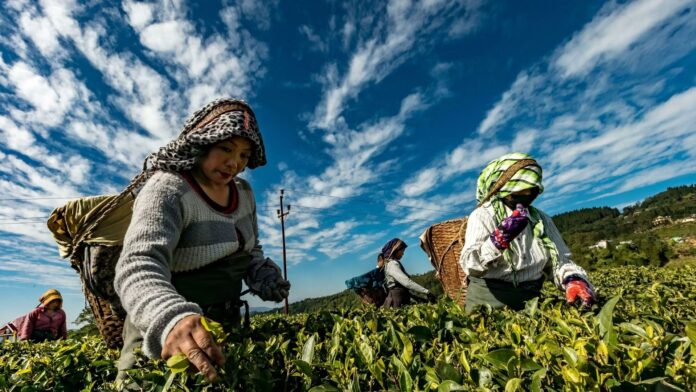By Our Editor
Food production in Meghalaya is highly deficient and so depends on supply from outside.
Noted economist and planners have always laid stress on sufficient food production to meet domestic consumption. Amartya Sen, the Nobel laureate from India, lamented that in developing nations, hunger and starvation are not due to the non-availability of food but poverty. On the whole, during these last decades, India has witnessed more than enough production to feed its more than a billion people. Sadly, many poor people have faced starvation and death due to lack of purchasing power besides other factors like delay in supply and cost of transportation. Meghalaya cannot afford to remain complacent and depend on import from other states. It ought to learn a lesson from other states like Punjab and Haryana, and to some extent, from Bihar. These are surplus states which have adopted the latest technologies. However, they faced the problem of improper storage which caused a huge loss of foodgrains due to floods during the monsoon season.
Agriculture sectors need special attention and if the government is indeed serious, it should immediately give top priority to it and care for the farmers as well. Farming in the state is at the mercy of the monsoon, which has become unpredictable. This is not confined to the region only, but it is a universal phenomenon that has attracted the attention of the Food and Agriculture Organization (FAO), a body of the United Nations (UN). Moreover, land meant for agriculture has been diverted and continues to be so because the profession is non-lucrative. Consequently, farmers continue to live in poverty and hence need empathy. In many states of India, it was reported that farmers who took loans to improve their lot became impoverished and took their lives. Fortunately, that stage has not yet reached our state. It is, therefore, imperative to strengthen and improve the agricultural sector in the state by reforming policy strategies at the earliest possible.
India utilised the service of an agricultural scientist, Dr MS Swaminathan, also addressed as the father of the Green Revolution in the country, who accordingly prepared the first draft policy and presented it to the Union Ministry of Agriculture in 2006. The chief objective of the policy was to better the lives of the farmers and to motivate them for increasing production. The thrust has been shifted from million tons of farm commodities to the net income of farm facilities, which has finally proved true. Similar approaches can be adopted in the state by utilising the series of experts in relevant specialisation and who are quite more than sufficient in number. Once the combined efforts prove successful, surely the first beneficiaries will be the farmers who will subsequently take up the challenge in the future. The immediate need is, of course, reform in the agriculture sector, which will revitalize the economy in general.


